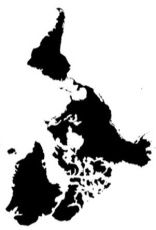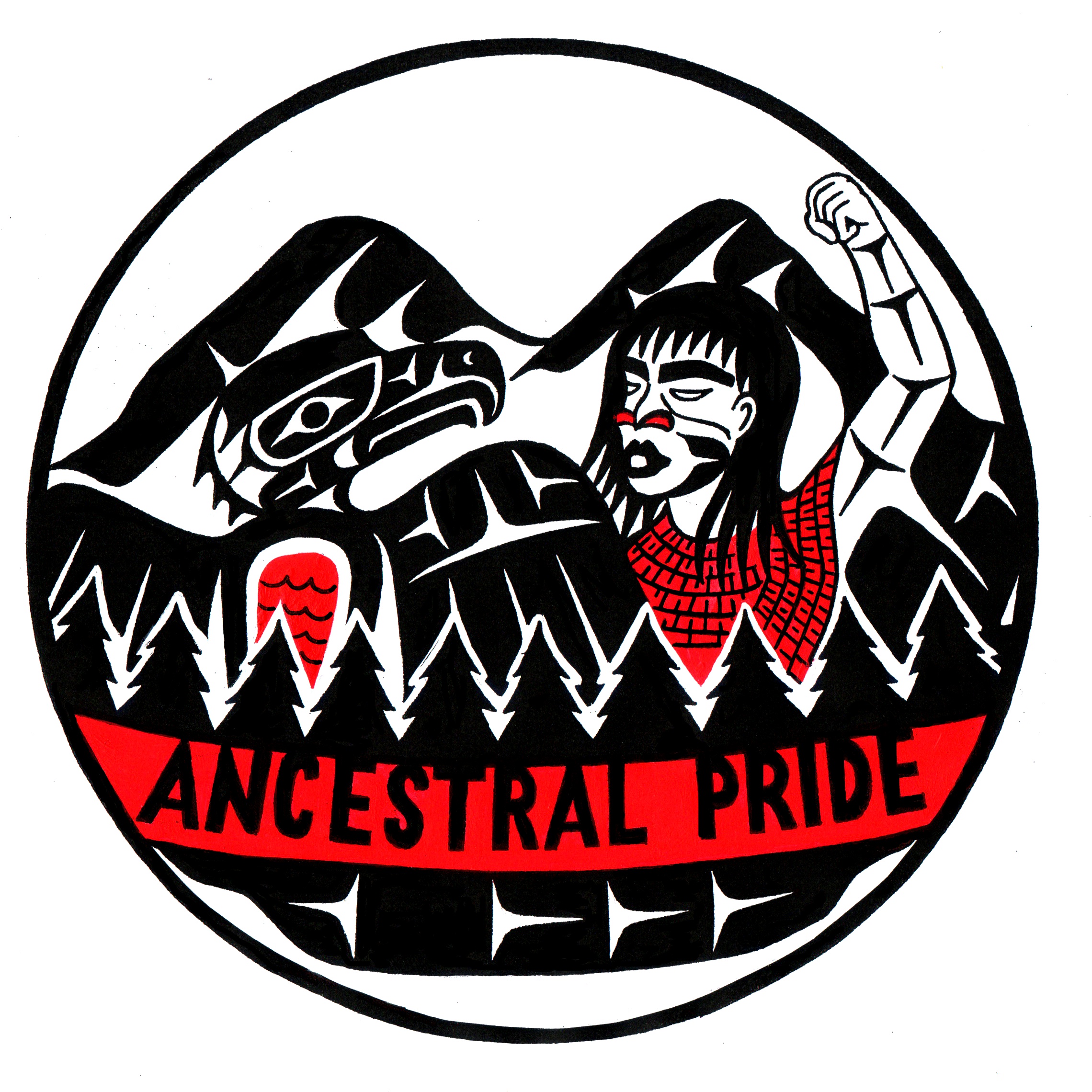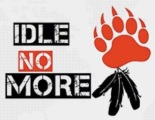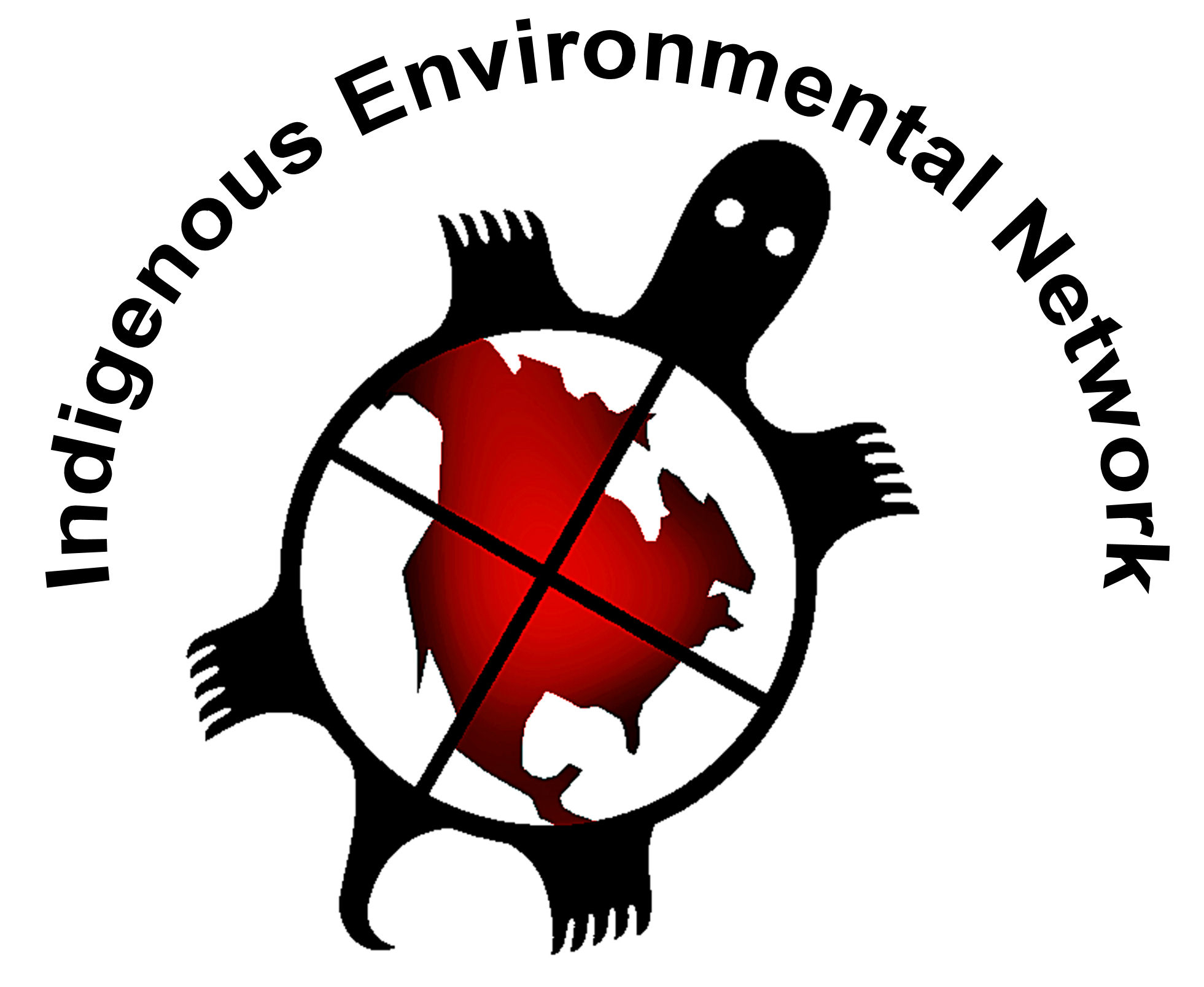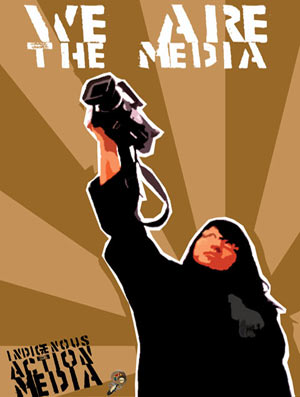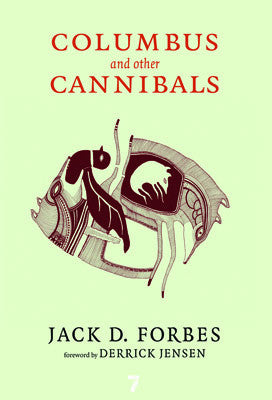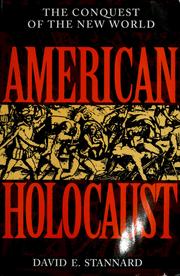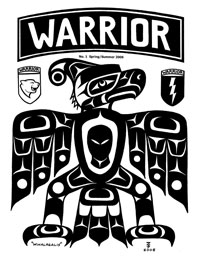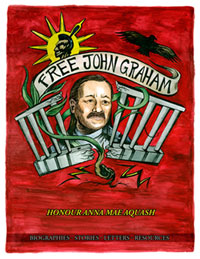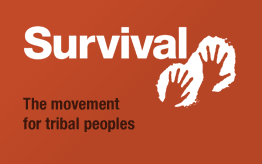 Resistance to State-Sanctioned Violence, Reclamation of Anti-Colonial Knowledges & Liberation for All – An Indigenous Feminist Zine
Resistance to State-Sanctioned Violence, Reclamation of Anti-Colonial Knowledges & Liberation for All – An Indigenous Feminist Zine
From K’É Infoshop
(download PDF in booklet format)
Created with the knowledge shared at the K’é Infoshop in Tségháhoodzání, Dinétah (Window Rock, AZ) and among the indigenous students living in Quinnipiac, Mashpee Wampanoag, Pokonoket Wampanoag, and Narragansett territories.
“Indigenous feminisms transcend the general fight for rights and recognition within a nation-state — indigenous feminisms speak to the responsibilities we have to one another and to our relationship to the physical and non-physical world.”
Key Terms and Definitions
- settler-colonialism — the ongoing process of non-Native settlers occupying Native land, demanding their world views, morals, and economies be followed, while attempting to erase and assimilate the original inhabitants
- heteropatriarchy — the societal structure in which heterosexual men possess the most amount of control and power compared to womxn and queer people, who are disempowered by the system
- imperialism — policy, action, and ongoing process of extending power over foreign land and people often with the violent intent to control their affairs
- capitalism — an economic and political system in which a country’s trade and industry are controlled by private owners for profit, rather than by the state/by the people, exchange relies on currency, overall system relies on individualistic thought and competition
- subjectivity — ideas, perspectives, feelings, experiences, and desires of an individual/collective expressed with agency and consciousness
- queer — unspecific non-heterosexual identity/subjectivity, cannot fully describe Indigenous perspectives of gender/sexuality
- Two-Spirit — contemporary pan-Indigenous term for non-binary/queer individuals, unspecific.
- globalization — the process of international interaction and integration between people, goods, technology, governments, and economies
- neoliberalism — hyper-capitalism; deregulation of the market, free-market capitalism alongside liberal agendas to erase race and homogenize queerness
- decolonization — the action and practice of dismantling harmful structures of power, reclaiming previous subjectivities, and envisioning a future built on previous and current understandings of compassion, relation, and accountability
- Indigenous feminisms — intersectional theory and practice of decolonial feminism, directly challenges settler-colonialism, capitalism, and western conceptions of “gender” and “sexuality.”
The policing of indigenous genders and sexualities as a means to further the larger settler-colonial project led to the development of a “settler sexuality.” Scott Morgensen (settler scholar) defines settler sexuality as “a white national heteronormativity that regulates Indigenous sexuality and gender by supplanting them with the sexual modernity of settler subjects.” In non-academic speak, settler sexuality can be described as an “exceptional” form of sexual expression enforced by the settler-state. The setter-state deems heterosexual monogamy as “exceptional” and “normal,” and anything beyond those confines as “primitive” and “unexceptional.”
Beginning with the early violence inflicted upon indigenous people in North America and the origins of settler sexuality, the zine goes onto to describe how such regimes were used to further the larger settler-colonial project to pillage Native land and eradicate Native populations. Indigenous feminisms are then presented in order to illuminate paths toward decolonization. Radically different from mainstream conceptions of feminism, the zine highlights the need for Indigenous feminisms in the larger aims to eliminate structures of power harmful to indigenous existence, such as heteropatriarchy, capitalism, and white supremacy. Indigenous feminisms act as a way to challenge settler sexuality and settler colonialism on the whole.
The language used throughout, such as “gender” and “sexuality,” do not and cannot fully describe and communicate the ways in which our ancestors understood them. Western interpretations of gender and sexuality have, from the time they have been articulated and policed, been used to define each other. For instance, “homosexuality” focuses on the “act” of “same-sex” relations. Indigenous gender and sexuality extend beyond such definitions. Gender encapsulates the mental, emotional, and social experience and expression of an individual; Gender has never been about the biological or physical.
“Queer” is also used minimally throughout the zine to loosely refer to sexual subjectivities generally not accepted or embraced by settler-colonial heteropatriarchy. The broadness of the term can be violent, but the English language can’t really describe something so complicated and abstract. Most recently, the pan-tribal term “Two-Spirit,” a translated Anishinaabe word, has been used to reclaim Indigenous trans subjectivities. However, there is pushback both within and beyond academia due to the broadness, the perpetuation of the gender binary and colonial understandings of gender. “Queerness” as we understand it today differs largely from the way our ancestors understood gender and sexuality. The term “indigenous,” as used in this zine refers to the native inhabitants of so-called North America.
So much more could also be added to this final product, this only does a fraction of the work grassroots organizers throughout the world manage.
SETTLER SEXUALITY ON STOLEN LAND
Capitalism, Imperialism, and Race
Indigenous womxn, “queer,” transgender, and non-binary people endure unspeakable violence at the hands of non-native settlers and even their own community members, however they continue to resist and pave a path toward brighter tomorrows. Indigenous womxn, trans folk, queers stand at the forefront of the larger decolonial movement to reclaim previous subjectivities and to build bright collective futures. Decolonization is often mistaken as an effort to “go back” to precolonial ways, but the active process of such carries much more gravity than that. Indigenous people not only demand the total repatriation of land, but we continually envision and push for a world void of structures such as settler-colonialism, imperialism, capitalism, racism, fascism, and heteropatriarchy. Decolonization involves reclaiming previous ways of living – horizontal leadership, collectivism, and recognition of universal relations — and pushing such lifeways into practice and action in order to develop a sustainable future. It’s not all about the past, it’s about what we want for our communities in the years to come. Indigenous womxn and queers lead the larger movement for such futures despite the violence they experience under settler-colonialism, capitalism, and heteropatriarchy.


